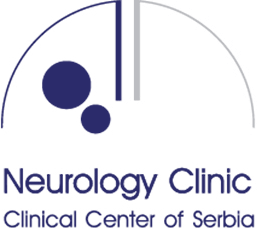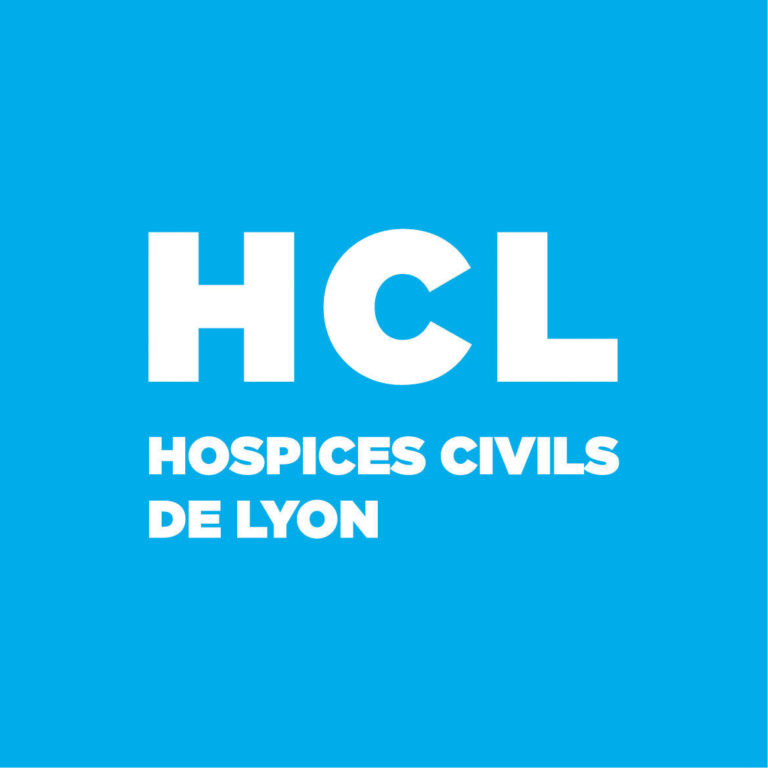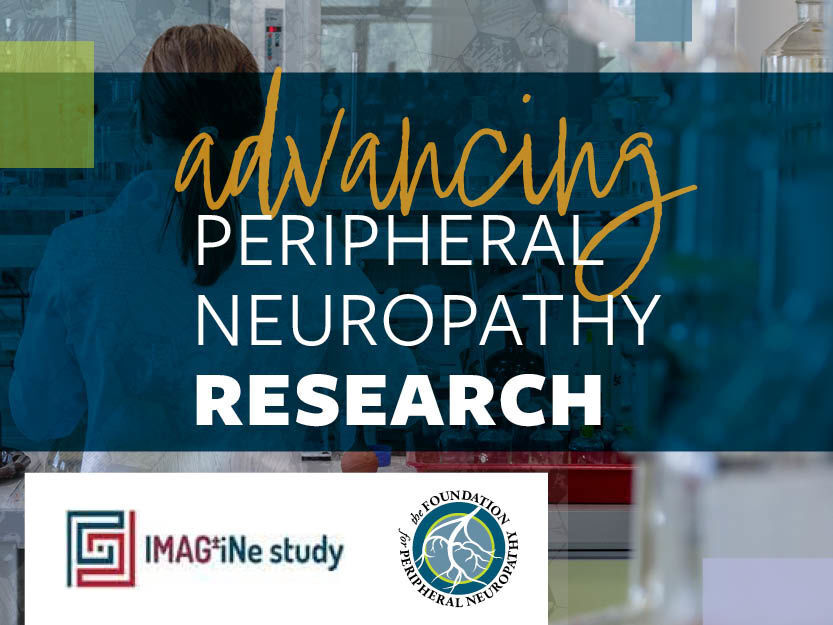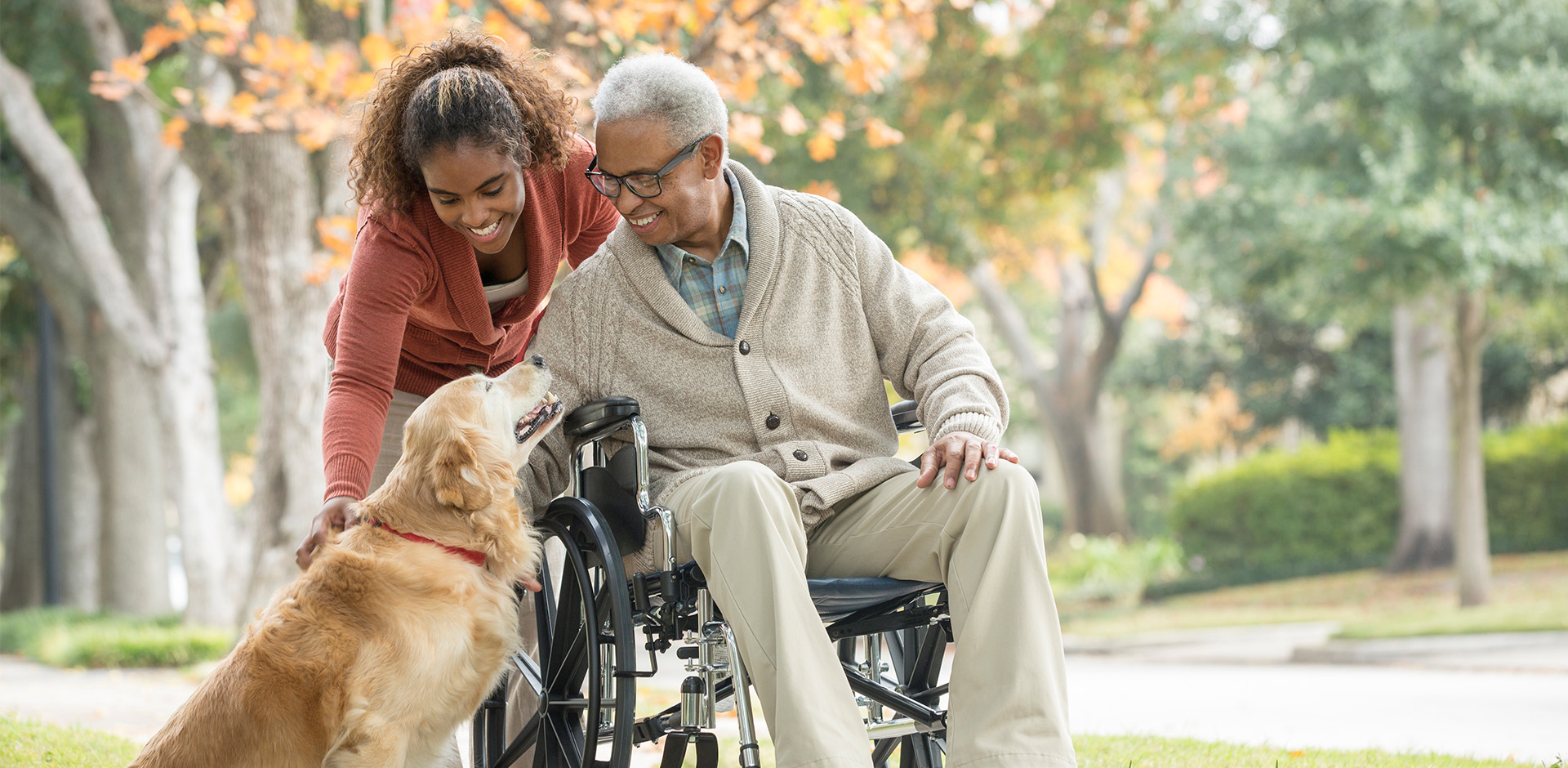About the IMAG±iNe study
The IMAG±iNe study started in 2016 at two hospitals in the Netherlands: the University Medical Center Utrecht and Maastricht University Medical Center. The goal is to learn more about a rare nerve disease called IgM-associated peripheral neuropathy, which can happen with or without something called anti-MAG antibodies.
In this study, doctors follow patients for 3 to 5 years to see how the disease changes over time. The study hopes to:
- Understand how the disease develops
- Improve how the disease is diagnosed
- Find new signs in the body (called biomarkers) that show how the disease is progressing
- Create better ways to measure how patients are doing
All of this work will help scientists plan better treatments in the future.
With help from the Foundation for Peripheral Neuropathy, the study has now grown to include hospitals in other countries. These hospitals are working together, sharing their knowledge and patient information, to find answers faster.
What is Anti-MAG PN?
Anti-MAG PN is a form of PN caused by a rare autoimmune condition. With Anti-MAG PN, a patient’s immune system attacks the peripheral nervous system. As cells are destroyed, they impact sensory and motor functions.
The IMAGiNe study fills a major gap in medical research on “Anti-MAG”, helping propel new treatments for those living with the condition.
Please email for general information about the IMAGiNe study.
Participants must meet all qualifying criteria, including having been diagnosed with anti-MAG peripheral neuropathy, and be able to travel to a participating site for an initial evaluation and follow-up study visits.

Partnering Institutions
We are excited to partner with the following institutions to fund the IMAGiNE study.

Principal Investigator
Simone Thomas
(410) 614-4188
601 N. Caroline Street
5th Floor
Baltimore, MD 21287

Principal Investigator
Dr. Amro Stino
(734) 936-9010
Department of Neurology
1500 E. Medical Center Drive
1914 Taubman Center SPC 5316
Ann Arbor, MI 48109-5316

Principal Investigator
Dr. Luis Querol
Unidad de Enfermedades Neuromusculares
Servicio de Neurología
Hospital Santa Creu i Sant Pau
Phone: +34 935 53 78 01
Carrer del Mas Casanovas, 90
08041, Barcelona, Spain

Principal Investigator
Andoni Echaniz Laguna
Phone: +33 1 45 21 21 21
78 Rue du Général Leclerc
94270 Le Kremlin-Bicêtre
France

Principal Investigator
Dr. Stojan Peric
Phone: +381 11 3609999
Pasterova 2
Beograd 11000
Serbia
Principal investigator
Eduardo Nobile Orazio
Phone: +39 02 82241
Via Alessandro Manzoni
56, 20089 Rozzano MI, Italy

Principal Investigator
Juliette Svahn
Phone: +33 825 08 25 69
3 Quai des Célestins
69002 Lyon, France

Principal Investigator
Thomas Harbo
Phone: +45 70 11 31 31
Palle Juul-Jensens Blvd 161
8200 Aarhus, Denmark

Principal Investigators
Dr. Perry van Doormaal & Dr. Nicolette Notermans
Heidelberglaan 100
3584 CX Utrecht
Netherlands

Principal Investigators
Dr. Ingemar Merkies & Dr. Catharine Faber
P. Debyelaan 25
6229 HX Maastricht
Netherlands

Principal Investigator
Dr. Alex Morrison
410 W. 10th Avenue
Columbus, OH 43210

Principal Investigator
Dr. Christopher T. Doughty
5 Francis Street
Boston MA 02115
Related Blogs
View all related blogsAnti-MAG PN Webinar
In this webinar, Dr. Richard Lewis, MD, from Cedars-Sinai Medical Center, provides a scientific overview of anti-MAG PN, from diagnosis to treatment and everything in between.





